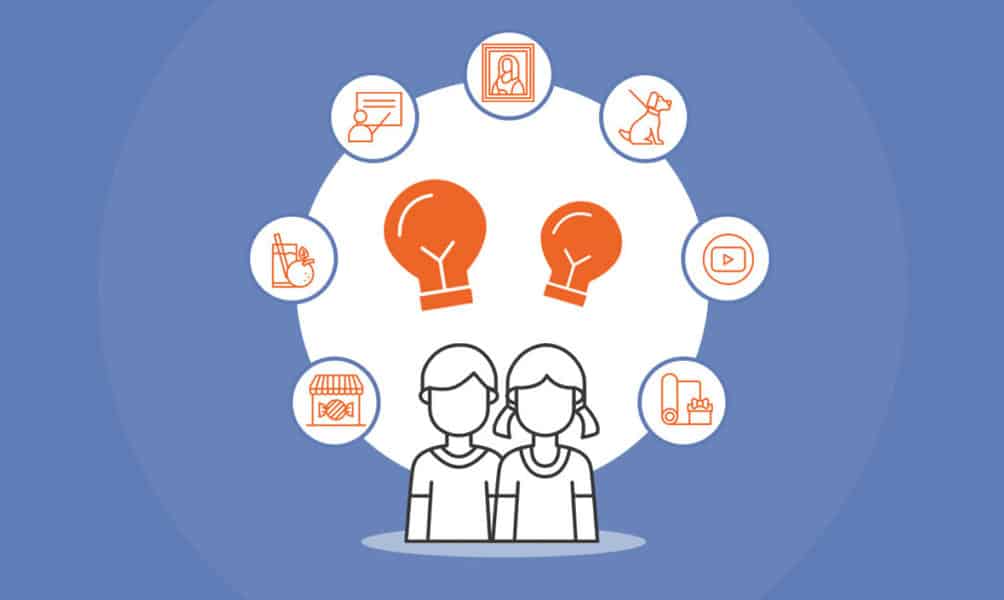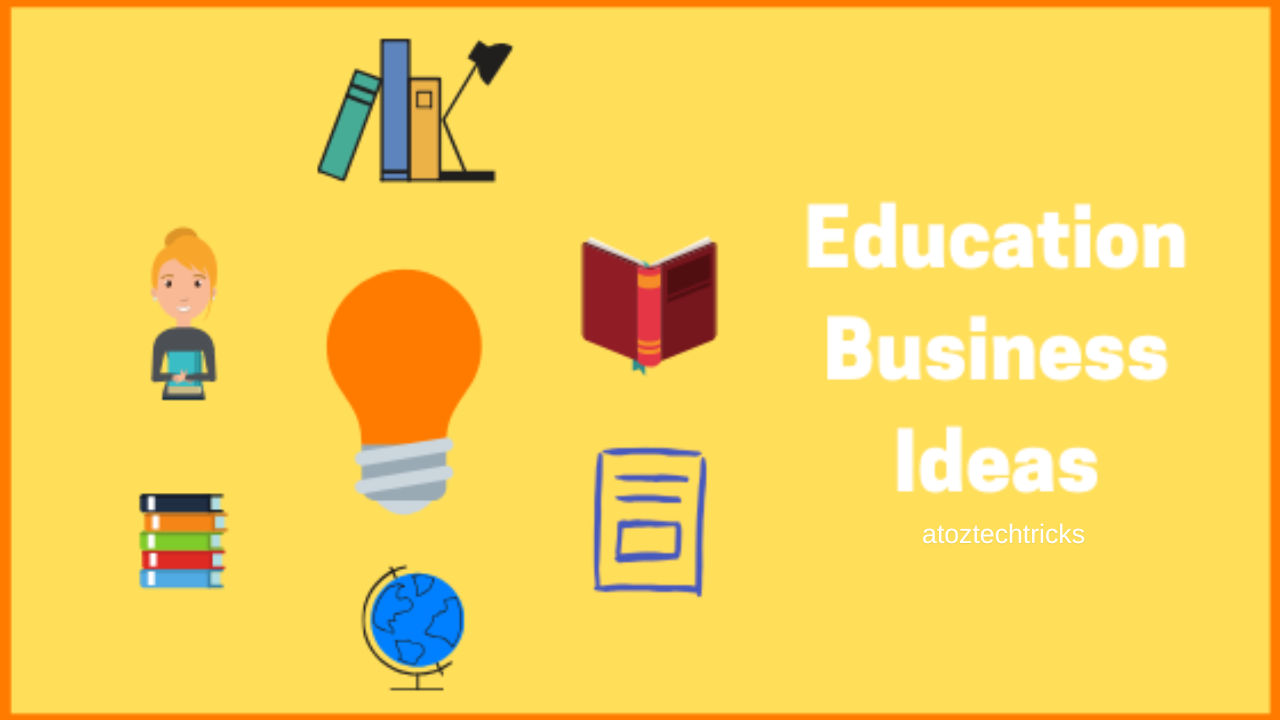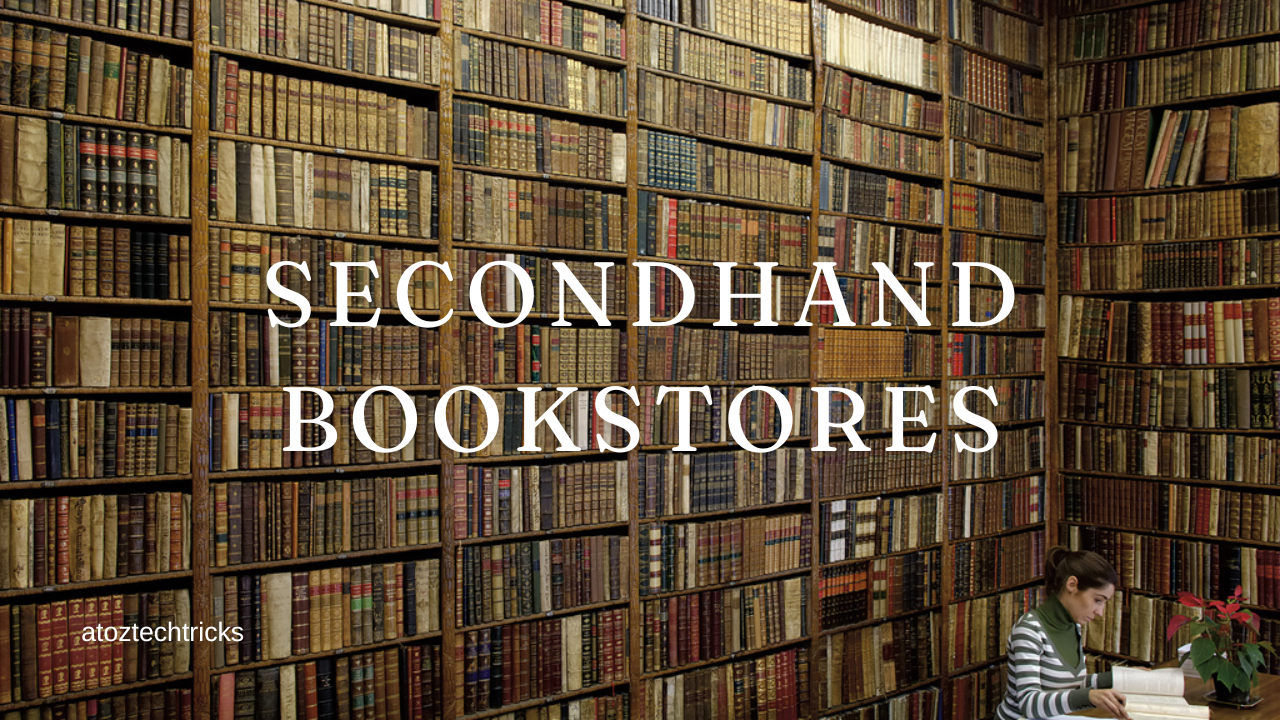Innovative Educational Business Ideas: Shaping the Future of Learning
In an age where education is becoming increasingly digital and diverse, innovative educational business ideas are thriving. The educational sector is undergoing a significant transformation, driven by advancements in technology, changes in learning preferences, and the need for more personalized and accessible education. This article explores some of the most promising educational business ideas, examining their potential, market demand, and the impact they could have on the future of learning.
1. Online Learning Platforms
Overview: Online learning platforms have revolutionized education by making learning more accessible and flexible. These platforms offer a wide range of courses, from academic subjects to professional skills, and cater to learners of all ages.
Business Models:
- Subscription-Based Models: Users pay a recurring fee to access a library of courses. Examples include Coursera and Udemy.
- Freemium Models: Basic courses are offered for free, while advanced features or certifications require payment. Examples include Khan Academy and LinkedIn Learning.
- Course Creation Platforms: Provide tools for educators to create and sell their courses. Examples include Teachable and Kajabi.
Market Demand: With the growing demand for lifelong learning and skill development, online learning platforms are experiencing significant growth. The global e-learning market is projected to reach over $375 billion by 2026, driven by the increasing adoption of digital learning tools and the need for flexible learning solutions.
Impact: Online learning platforms democratize education by providing access to quality courses regardless of geographical location. They also offer personalized learning experiences, allowing users to learn at their own pace and focus on areas of interest.
2. EdTech Startups
Overview: EdTech startups are at the forefront of educational innovation, developing new technologies and solutions to enhance learning experiences. These startups often focus on emerging technologies such as artificial intelligence (AI), virtual reality (VR), and gamification.
Examples of EdTech Startups:
- AI-Powered Tutoring: Companies like Squirrel AI use AI to provide personalized tutoring and adaptive learning experiences.
- VR Learning Experiences: Platforms like ENGAGE offer immersive virtual reality environments for educational purposes.
- Gamified Learning: Apps like Duolingo use game mechanics to teach languages, making learning engaging and interactive.
Market Demand: The EdTech sector is booming, with significant investments and a growing number of startups entering the market. According to HolonIQ, global EdTech investments reached over $24 billion in 2021, highlighting the sector’s potential for growth and innovation.
Impact: EdTech startups are transforming traditional education by introducing new ways to engage learners and enhance the learning process. AI and VR technologies offer personalized and immersive learning experiences, while gamification makes learning more enjoyable and effective.
3. Personalized Learning Solutions
Overview: Personalized learning solutions tailor educational content and experiences to individual learners’ needs, preferences, and learning styles. These solutions aim to improve learning outcomes by providing a customized approach to education.
Types of Personalized Learning Solutions:
- Adaptive Learning Platforms: Use algorithms to adjust content based on learners’ performance and progress. Examples include DreamBox and Smart Sparrow.
- Learning Management Systems (LMS): Offer features for customizing learning paths and tracking individual progress. Examples include Moodle and Canvas.
- AI-Powered Recommendations: Provide personalized course or content recommendations based on user behaviour and interests.
Market Demand: The demand for personalized learning solutions is growing as educators and learners seek more tailored and effective approaches to education. Personalized learning is particularly important in addressing diverse learning needs and improving student engagement and achievement.
Impact: Personalized learning solutions enhance the educational experience by addressing individual needs and preferences. They help learners stay motivated and engaged, leading to better learning outcomes and a more inclusive educational environment.
4. Educational Content Creation
Overview: Educational content creation involves developing and producing high-quality learning materials, including textbooks, digital content, and multimedia resources. This content is used in various educational settings, from K-12 schools to higher education and professional development.
Types of Educational Content:
- Textbooks and E-Books: Traditional and digital books covering various subjects and grade levels.
- Interactive Learning Materials: Includes videos, quizzes, and simulations to enhance learning. Examples include Khan Academy videos and interactive simulations on PhET.
- Courseware and Modules: Pre-packaged educational content that can be integrated into the curriculum or used for self-study.
Market Demand: The demand for high-quality educational content is strong, driven by the need for engaging and effective learning materials. The rise of digital education and online courses has further increased the demand for diverse and interactive content.
Impact: Educational content creation plays a crucial role in shaping the learning experience. High-quality content enhances understanding, retention, and engagement, while interactive and multimedia resources make learning more dynamic and effective.
5. Tutoring and Test Preparation Services
Overview: Tutoring and test preparation services provide additional support to students seeking to improve their academic performance or prepare for standardized tests. These services can be offered in various formats, including one-on-one tutoring, group sessions, and online courses.
Types of Tutoring Services:
- In-Person Tutoring: Traditional face-to-face tutoring sessions, either individually or in small groups.
- Online Tutoring: Virtual tutoring sessions are conducted over the Internet, allowing for flexible scheduling and access to tutors from anywhere. Examples include Chegg Tutors and Wyzant.
- Test Preparation Courses: Specialized courses and materials designed to help students prepare for standardized tests such as the SAT, ACT, or GRE. Examples include Kaplan and Princeton Review.
Market Demand: The demand for tutoring and test preparation services remains strong as students and parents seek additional support to achieve academic success. The global tutoring market is expected to reach over $250 billion by 2026, driven by the increasing focus on academic achievement and test performance.
Impact: Tutoring and test preparation services provide targeted support to help students succeed academically. They offer personalized instruction, practice opportunities, and strategies to improve performance, contributing to better educational outcomes.
6. Educational Consulting Services
Overview: Educational consulting services offer expert advice and support to educational institutions, organizations, and individuals. Consultants guide various aspects of education, including curriculum development, instructional design, and strategic planning.
Types of Educational Consulting Services:
- Curriculum Development: Assisting schools and educational institutions in designing and implementing effective curricula.
- Instructional Design: Creating engaging and effective learning materials and experiences for educators and learners.
- Strategic Planning: Helping educational organizations develop and execute strategies to achieve their goals and improve performance.
Market Demand: The demand for educational consulting services is growing as institutions seek expert advice to enhance their programs and practices. The need for improved educational outcomes, innovative teaching methods, and strategic planning drives the growth of this sector.
Impact: Educational consulting services contribute to the improvement and innovation of educational practices. Consultants help institutions and organizations develop effective strategies, enhance teaching and learning, and achieve their goals.
7. Learning Analytics and Assessment Tools
Overview: Learning analytics and assessment tools use data and technology to monitor and evaluate student performance and learning outcomes. These tools provide insights that help educators make informed decisions and improve teaching strategies.
Types of Learning Analytics and Assessment Tools:
- Data Analytics Platforms: Analyze student performance data to identify trends, patterns, and areas for improvement. Examples include BrightBytes and Tableau for Education.
- Assessment Tools: Include online quizzes, tests, and formative assessments that provide feedback on student learning. Examples include Socrative and Quizlet.
- Learning Management Systems (LMS): Offer built-in analytics and assessment features to track student progress and performance.
Market Demand: The demand for learning analytics and assessment tools is increasing as educators seek data-driven insights to enhance teaching and learning. The use of data in education is expected to grow, driven by the need for personalized and evidence-based approaches.
Impact: Learning analytics and assessment tools provide valuable insights into student performance and learning outcomes. They help educators identify strengths and weaknesses, tailor instruction to individual needs, and improve overall educational effectiveness.
8. Educational Toys and Games
Overview: Educational toys and games are designed to promote learning and development in children through play. These products aim to enhance cognitive, social, and emotional skills while providing an engaging and enjoyable learning experience.
Types of Educational Toys and Games:
- STEM Toys: Focus on science, technology, engineering, and math skills, such as coding kits and robotics. Examples include LEGO Mindstorms and Osmo.
- Language Development Games: Help children develop language and literacy skills through interactive activities. Examples include LeapFrog and Reading Rockets.
- Creative Play Kits: Encourage creativity and imagination through art, building, and role-playing activities. Examples include Crayola and Melissa & Doug.
Market Demand: The market for educational toys and games is expanding as parents and educators seek products that support children’s learning and development. The global educational toys market is projected to grow significantly, driven by the increasing focus on early childhood education and skill development.
Impact: Educational toys and games provide a fun and interactive way for children to learn and develop essential skills. They support cognitive, social, and emotional growth, making learning an enjoyable and engaging experience.
9. Corporate Training and Development
Overview: Corporate training and development programs focus on enhancing employees’ skills and knowledge to improve performance and support organizational goals. These programs can cover a wide range of topics, from leadership and management to technical skills and compliance.
Types of Corporate Training and Development Programs:
- Online Training Platforms: Offer courses and modules for employee development, accessible from anywhere. Examples include LinkedIn Learning and Skillsoft.
- Workshops and Seminars: In-person or virtual events that provide interactive learning experiences and networking opportunities.
- Custom Training Solutions: Tailored programs developed to meet the specific needs and goals of an organization.
Market Demand: The demand for corporate training and development is growing as organizations recognize the importance of employee skill development and continuous learning. The global corporate training market is expected to reach over $400 billion by 2026, driven by the need for upskilling and reskilling in the workforce.
Impact: Corporate training and development programs enhance employee skills, improve performance, and support organizational growth. They contribute to a more skilled and knowledgeable workforce, leading to increased productivity and competitive advantage.

10. Education Technology Integration Services
Overview: Education technology integration services help educational institutions and organizations implement and optimize technology solutions for teaching and learning. These services ensure that technology is effectively integrated into the curriculum and supports educational goals.
Types of Education Technology Integration Services:
- Technology Assessments: Evaluate existing technology infrastructure and recommend improvements.
- Implementation Support: Assist with the deployment and setup of educational technologies, such as learning management systems and interactive whiteboards.
- Training and Support: Provide training and ongoing support for educators and administrators to effectively use technology tools.
Market Demand: As educational institutions increasingly adopt technology solutions, the demand for technology integration services is growing. Institutions seek expertise to ensure successful implementation and maximize the benefits of educational technologies.
Impact: Education technology integration services enhance the effective use of technology in the classroom. They support educators in adopting new tools and methods, leading to improved teaching and learning experiences.
The landscape of education is evolving rapidly, driven by technological advancements and changing learning needs. Innovative educational business ideas are playing a crucial role in shaping the future of learning, offering new opportunities and solutions to meet diverse educational demands. From online learning platforms and EdTech startups to personalized learning solutions and educational content creation, these ideas are transforming how we approach education.
Mindfulness and Wellness Retreats: A Path to Rejuvenation and Inner Peace
The continued growth and development of these educational business ideas will have a profound impact on learners, educators, and educational institutions. By embracing innovation and leveraging technology, we can create more effective, engaging, and accessible learning experiences for all. As we move forward, the potential for educational business ideas to drive positive change and advancement in education is boundless, paving the way for a brighter and more informed future.




Post Comment